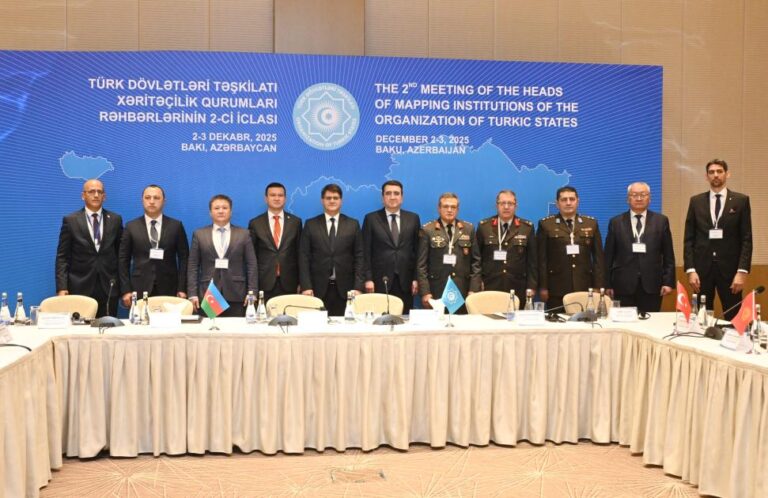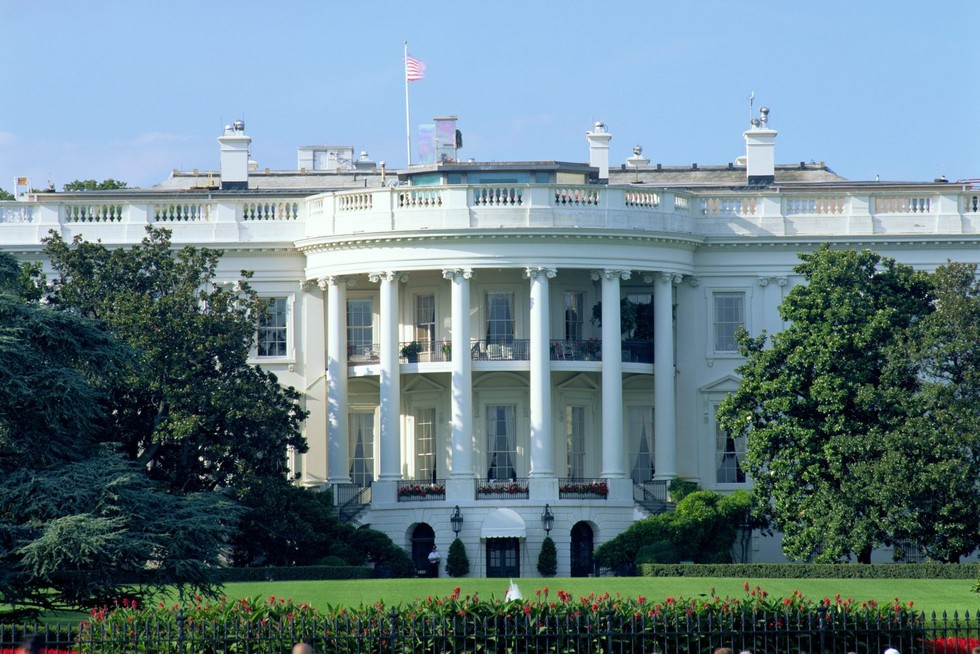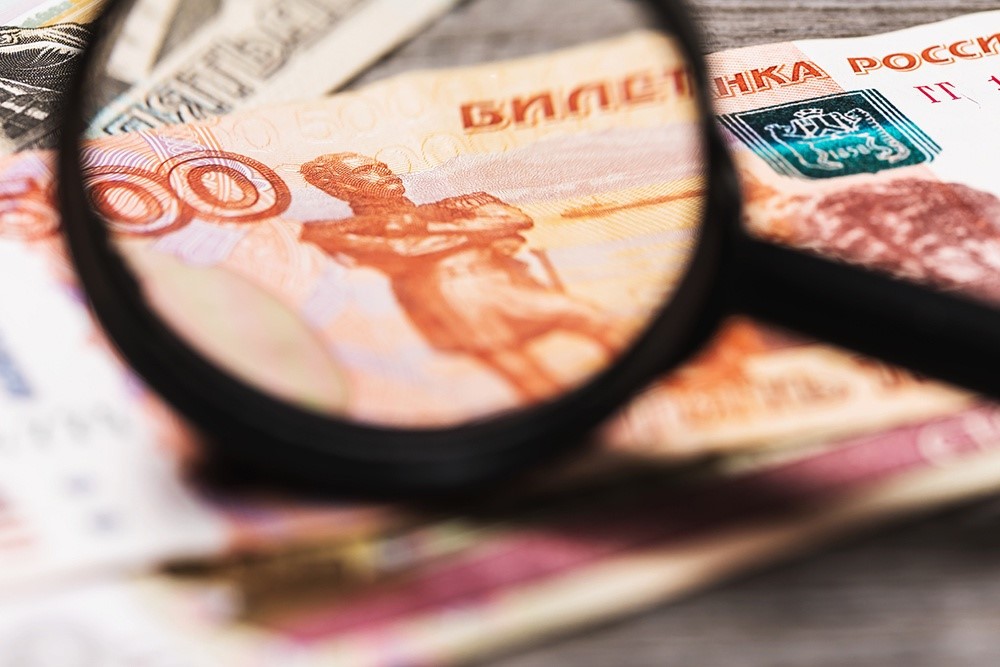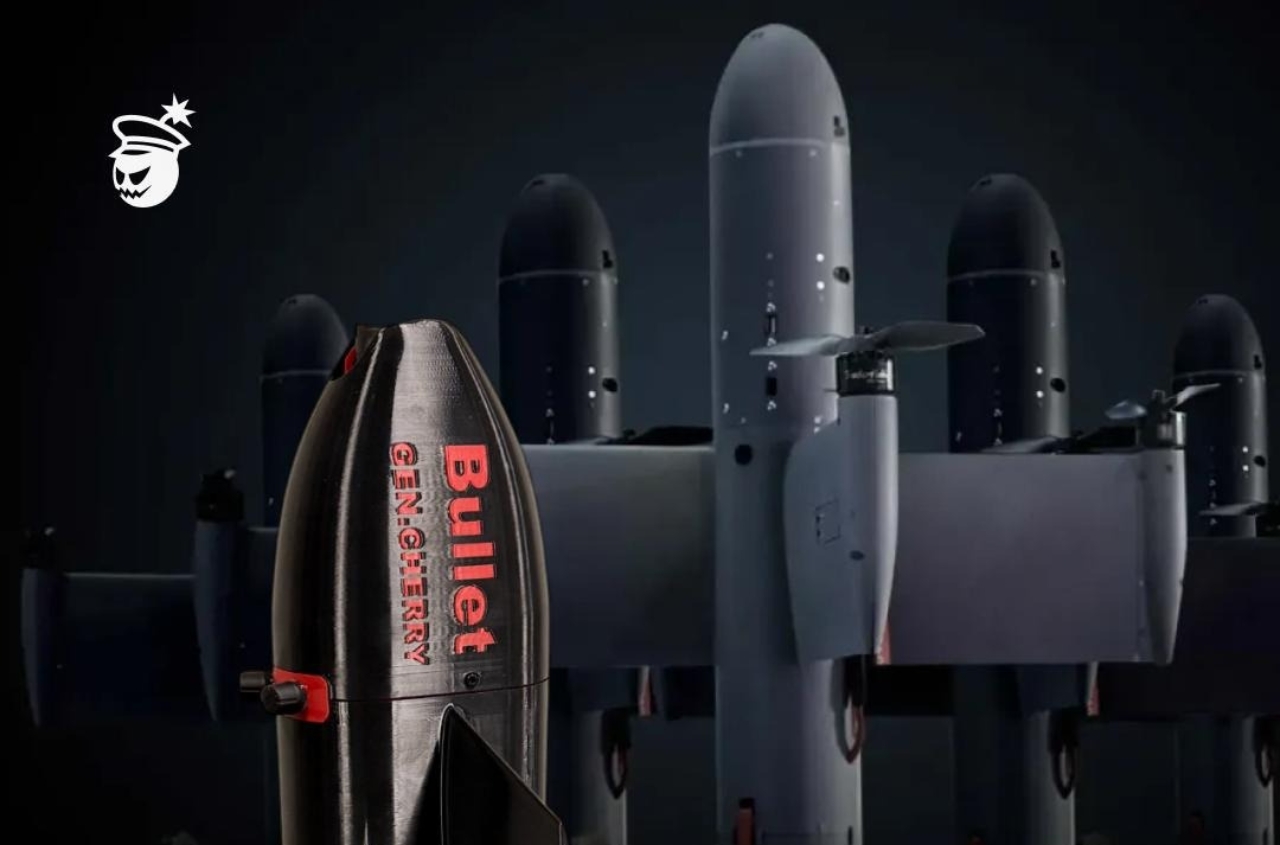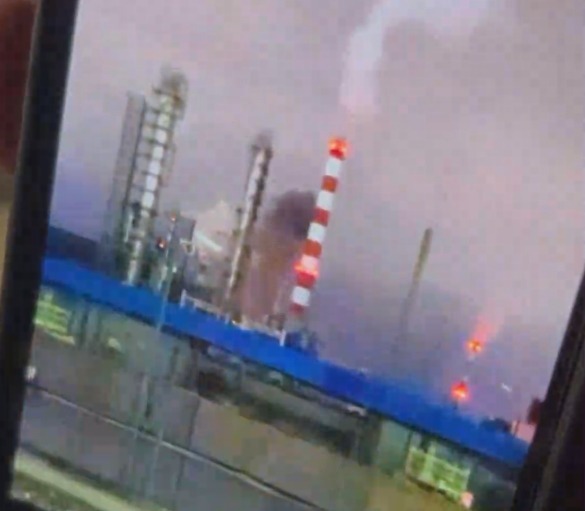Although there was a certain “human chemistry” between Trump and Putin in Alaska, this has not led to any substantial “physical” continuation and may never do so. Putin’s demand for a “voluntary surrender of territories” under current circumstances turns this “chemistry” into suspiciously smelling “chemicals.”
Does Putin understand this? I think so. Does Trump understand it? I believe so as well. That is why no meeting took place—they lit the fire, but the porridge was never cooked. Both continue to play the game of friendship and mutual understanding, hoping that the issue could be resolved through a third party—Zelensky. For now, neither can afford to do so.
Trump is pausing, giving Putin a chance to “act” and finally take what he is asking to be given. Putin is also pausing, giving Trump the opportunity to “gnaw at” Zelensky in the bulldog struggle under the carpet.
Zelensky currently appears as the main obstacle to any collusion between Putin and Trump. But it would be simplistic to reduce the situation solely to Zelensky’s personality. Zelensky’s will today represents the will of Ukraine (as debatable as that may seem).
This reminded me of a childhood memory from the school library, where I came across a mediocre children’s book on history about Kievan Rus and the Vikings. It was there I first read about berserkers—mythical Vikings who, before battle, would enter a state of frenzy and feel no pain. This is how I perceive Ukrainian society today. Yes, I am aware it is diverse, and individuals experience a full range of human emotions. But as a single multi-headed entity forming what is called the political will of the people, it is a berserker, full of rage and hatred. In this state, it will voluntarily accept no compromises.
This, perhaps, is the main point to keep in focus when considering prospects for war or peace between Russia and Ukraine. Whenever we reason from rational considerations, we risk error, because Ukrainian society is neither ready nor likely capable of acting on purely rational premises.
When Trump tries to convince Ukraine that it holds “bad cards,” he fails to account for the fact that Ukraine has long been fighting without looking at the cards. We are all guilty in this regard, not just Trump. Americans make forecasts based on what is possible (after all, politics is the art of the possible), but Ukrainians are accustomed to politics of the impossible. Today, a miracle is the necessary and sufficient basis for decision-making in Ukraine, and this must be taken into account.
The problem for Trump and Putin, who understand each other well, is that any compromise solutions leading to an end to the war will be acceptable to Ukrainians only under one condition: if the catastrophic collapse of the front has already occurred. The THREAT of such a collapse, in an atmosphere expecting a miracle, does not influence decision-making, because no threat is perceived as real.
Currently, the question of peace is determined not by Trump’s “kind words,” but by whether he will attach a “gun” to those words—that is, whether he will dare to present Ukraine with a sufficiently malicious ultimatum, depriving it entirely of support, or whether he will not dare. Without this “gun,” Ukraine will not agree to the proposed terms on its own. If Zelensky were to suddenly change his position, it would mean to me that the “gun” has been pressed to his temple.
















